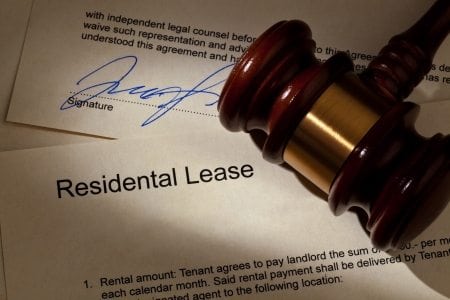Florida law requires a landlord to meet a number of expectations regarding their property and their relationship with tenant(s). Here are 5 of the most important responsibilities landlords have to tenants and what you as a landlord can do to get help managing the legal aspect of your landlord/tenant relationships.
1. Providing Housing That Is Habitable
First and foremost, you must provide habitable housing to your tenants. This means that the residence must be in good repair without health hazards. It also must be livable, including having running water and heat during the winter. If you do not provide habitable housing to your tenants or do not make repairs in a timely fashion to keep your rental habitable, your tenant may have the right to withhold rent.
2. Respect the Privacy of Your Tenants
Although it is your property, once your tenants sign the lease agreement, Florida law affords them a reasonable amount of privacy. You must provide at least 12 hours of notice before entering the property for repairs or to show the property. The law does make an exception for emergencies.
3. Returning the Security Deposit On Time
One of the most frequently seen disputes in Florida between landlords and tenants are disputes over security deposits. You must return the tenant’s security deposit within 15-60 days of their move-out date. In cases where no deductions are needed, the deposit should be returned within 60 days. Additionally, in cases where deductions are necessary, an itemized list should be provided to the tenant.
4. Remaining In Compliance with Anti-Discrimination Laws
You cannot discriminate against tenants based on their race, gender, disability, religion, familial status, or other protected status. For example, you cannot deny housing to a family with children under the age of 18. This is true even if you prefer not to rent to families with children. Rejections should be based on credit, references, or other indicators that they are a risky tenant.
5. Evict Only Under Legally Allowed Circumstances
You cannot evict a tenant in Florida at-will. In fact, there must be a legally allowed reason. Reasons include late payment of rent or other lease violations, like having a pet when the lease clearly states that no pets are allowed. You must also follow guidelines for how tenants can be evicted.
As a landlord, you’ll want to make sure your legal bases are covered. Contact the Law Office of Steve Taylor today to learn how we can help you by calling our office at 1-305-433-0497.

